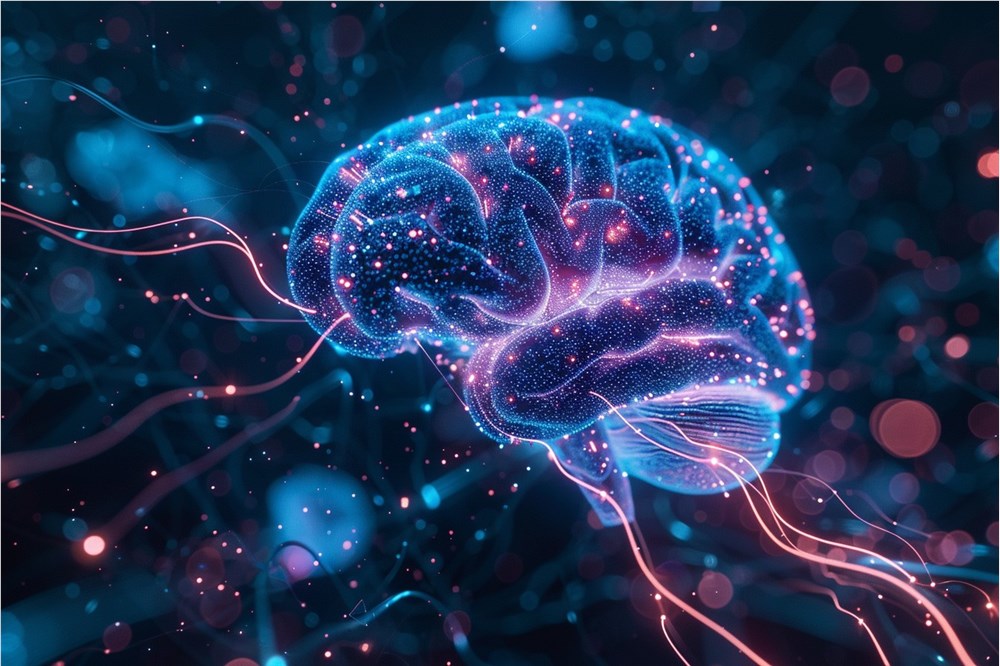Neuroscience's Role in Shaping Future AI Development
A Conversation on NeuroAI
In a recent discussion, renowned neuroscientist Anthony Zador engaged with Paul Middlebrooks, host of the rain Inspiredpodcast, to explore the evolving relationship between neuroscience and artificial intelligence (AI). Zador, often regarded as a pioneer in the field of NeuroAI, shared his thoughts on how insights from neuroscience can inform the future development of AI technologies.
Evolution of Thoughts on NeuroAI
Initially resistant to the term "NeuroAI," Zador's perspective has shifted significantly over the years. He noted that his transformation was rooted in a deeper reflection on fundamental issues within the field. He pointed out that in the 1980s and 1990s, there was a close connection between computational neuroscience and artificial neural networks. However, he has come to believe that merely studying the dynamic characteristics of neural circuits is not enough. Instead, it is crucial to understand how these circuits enable organisms to tackle real-world problems.

Image source note: Image generated by AI, image authorized by service provider Midjourney
Current State of AI Development
When discussing the current landscape of AI, Zador offered a critical perspective. He argued that popular models such as the Transformer architecture may illustrate a divergence from the principles of NeuroAI, as they do not accurately reflect brain function. Zador explained that the success of systems like ChatGPT is largely attributable to the closed nature of its language system, rather than an authentic simulation of human cognitive processes.
Challenges in Multi-Objective Coordination
Looking forward, Zador emphasized a significant challenge in AI development: multi-objective coordination. He noted that while existing AI systems excel in optimizing single objectives, they struggle with balancing multiple goals. In contrast, biological systems have evolved complex mechanisms for managing multiple objectives, such as foraging, evading predators, and reproduction. Understanding how biological systems achieve this balance could provide essential insights for future AI advancements.
Innovative Approaches to Learning
Zador introduced an intriguing concept regarding development and learning, suggesting that the human genome can be viewed as a "compressed representation" of neural circuits. This perspective proposes that complex structures are generated through recursive rules. His latest research supports this theory, showing that his team successfully compressed large neural networks by a factor of 100 to 1000 while maintaining their performance.
Robotics and Sim-to-Real Transfer
In the realm of robotics, Zador discussed the challenges associated with sim-to-real transfer. He pointed out that biological systems demonstrate remarkable adaptability, as evidenced by the ability of dogs of different sizes to share similar neural developmental instructions. This adaptability is rooted in a carefully designed developmental process that allows these systems to achieve complex abilities by gradually solving sub-problems.
Curriculum Learning as a Solution
Looking ahead, Zador believes that curriculum learning could be a vital direction for addressing current limitations in AI development. By breaking complex tasks into manageable sub-tasks and learning them sequentially, AI systems may enhance their efficiency compared to attempting to learn final goals directly. This strategy could not only speed up the learning process but also improve adaptability in real-world scenarios.
Conclusion
The dialogue between Zador and Middlebrooks highlights the promising integration of neuroscience with artificial intelligence. As interdisciplinary research continues to evolve, the insights gathered from biological intelligence are sure to inform and inspire the future trajectory of AI development.
Key Points
- Anthony Zador discusses the importance of neuroscience in AI development.
- The success of AI systems like ChatGPT is not truly reflective of human cognition.
- Multi-objective coordination presents a significant challenge in AI.
- Curriculum learning may enhance AI efficiency and adaptability.